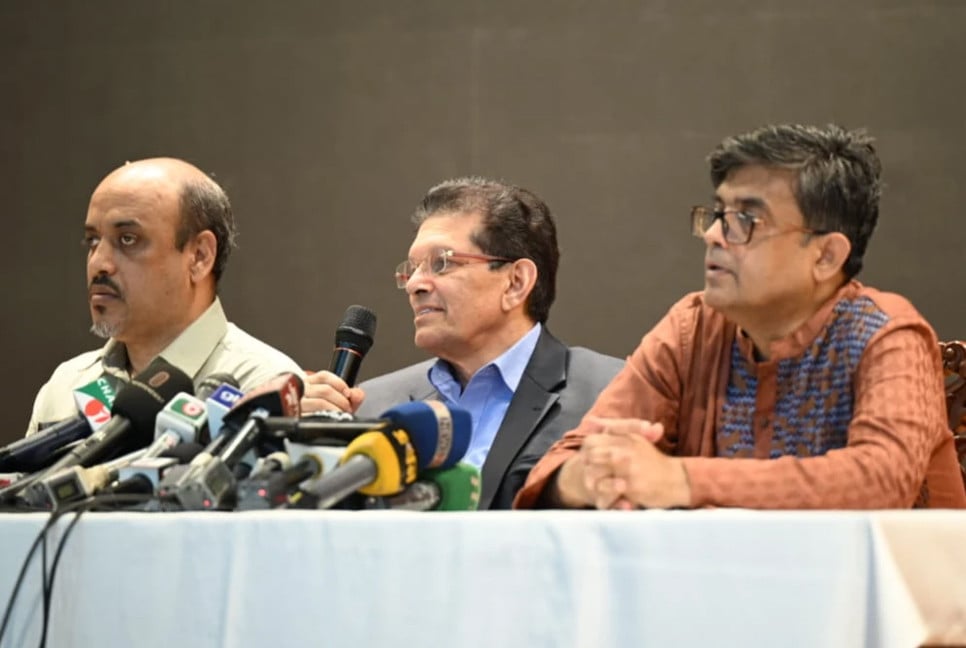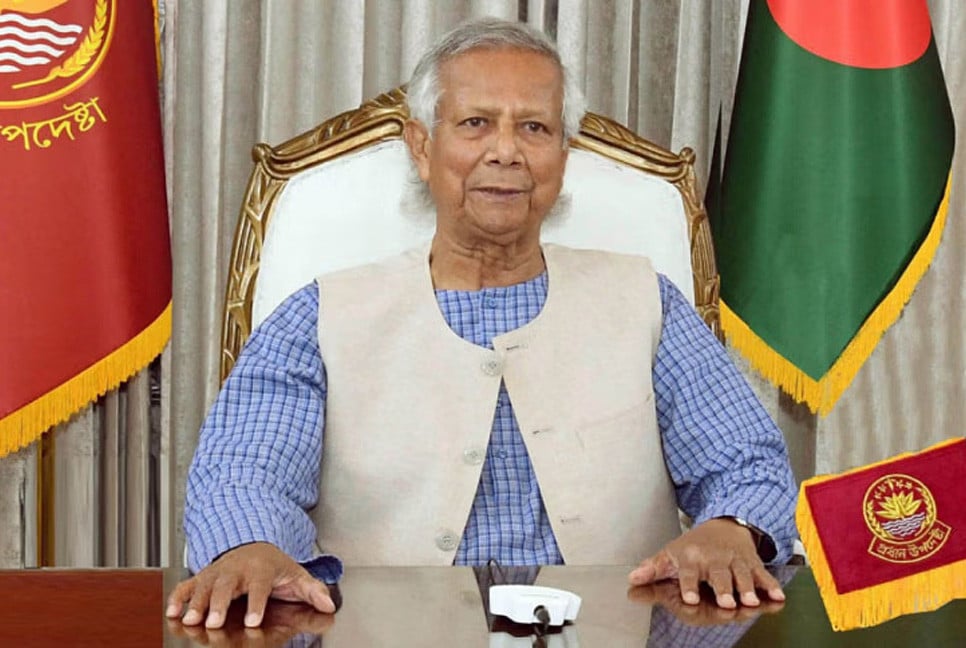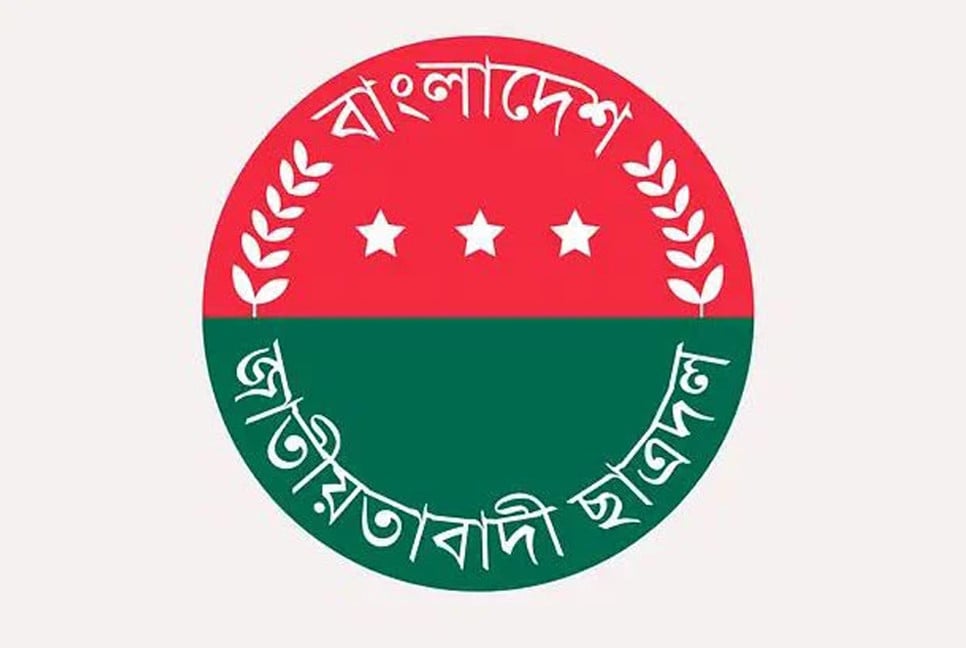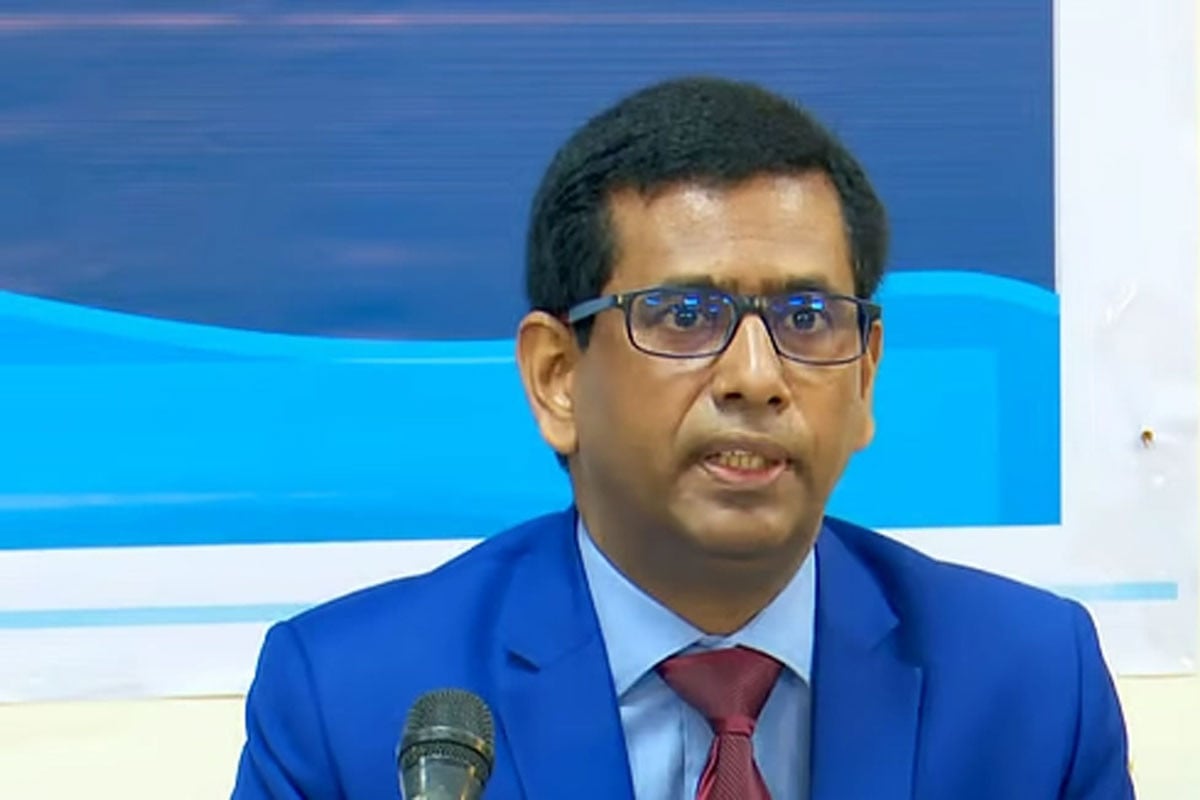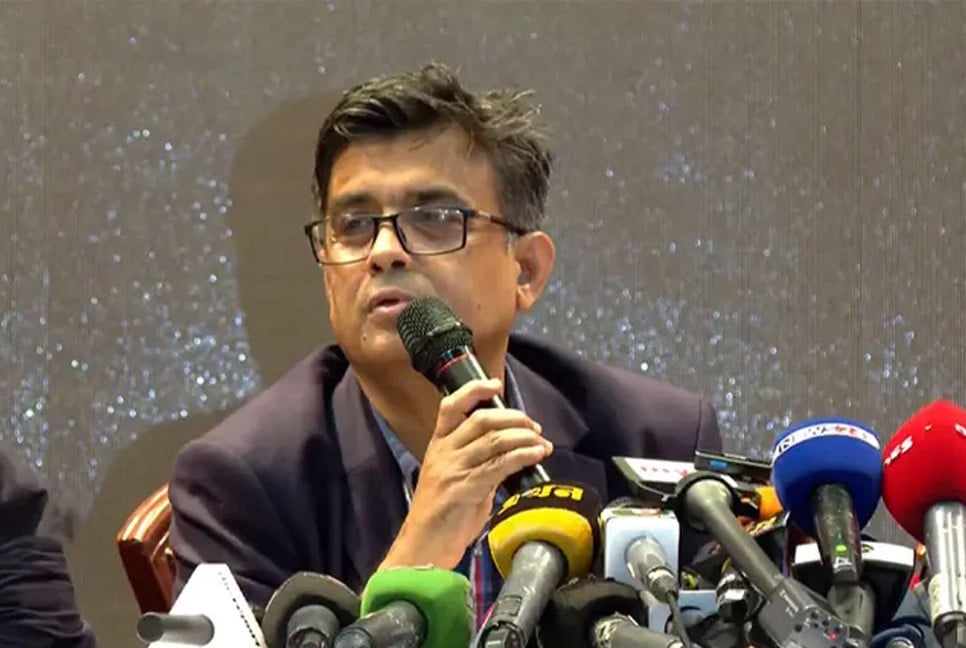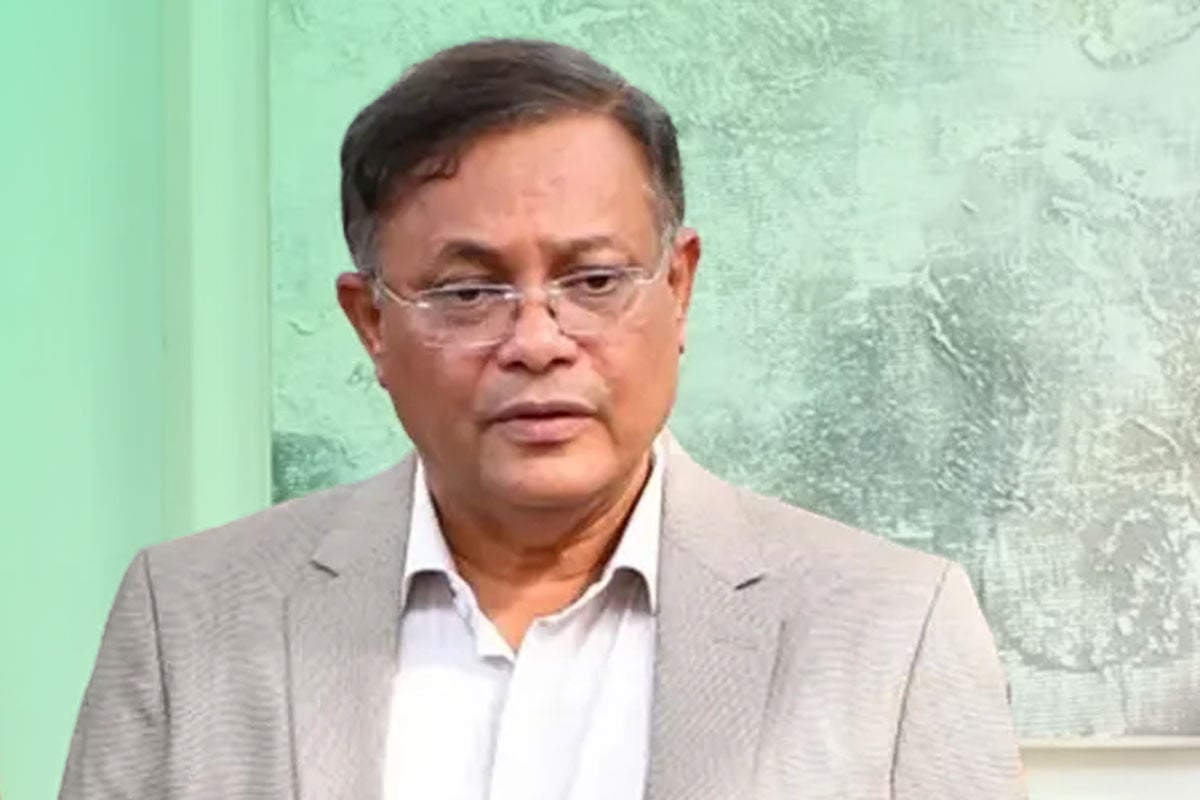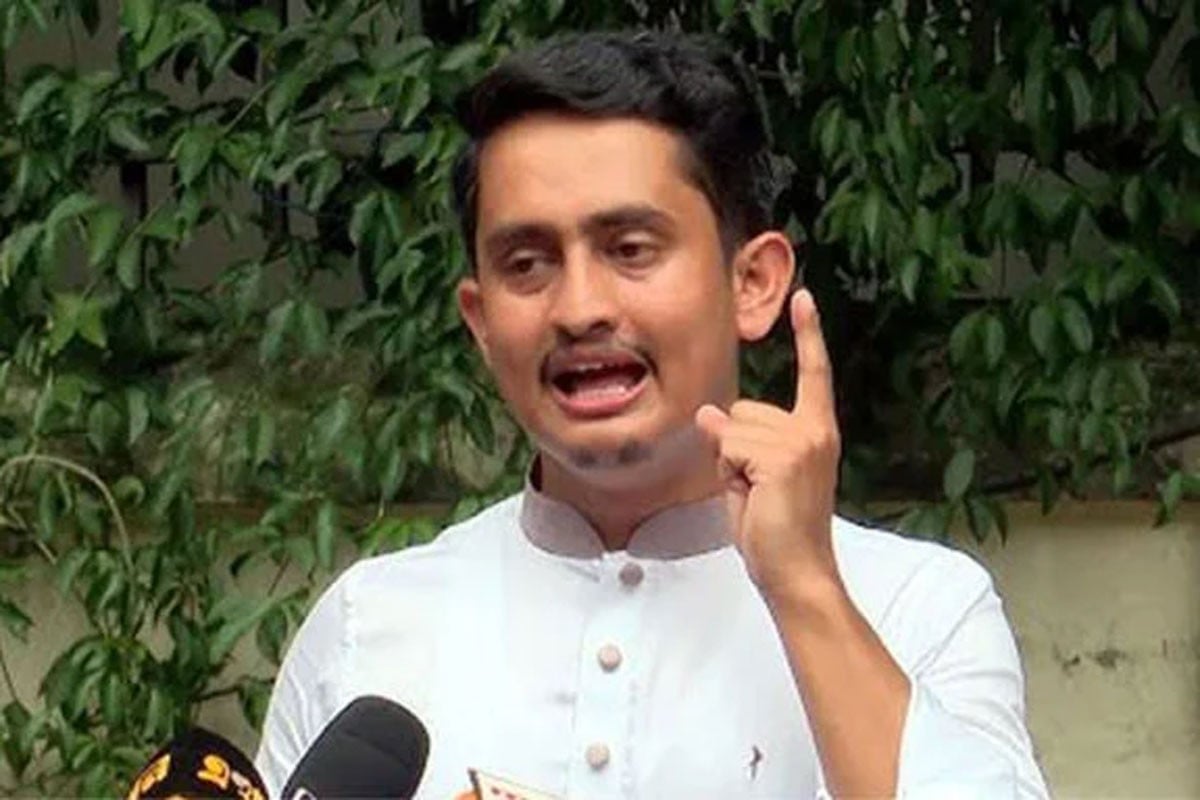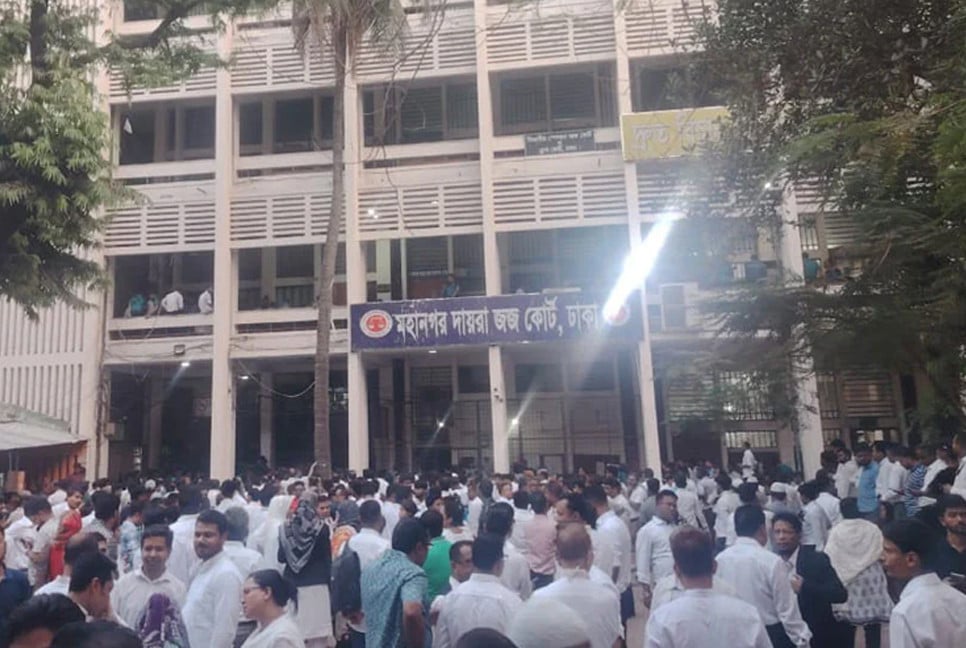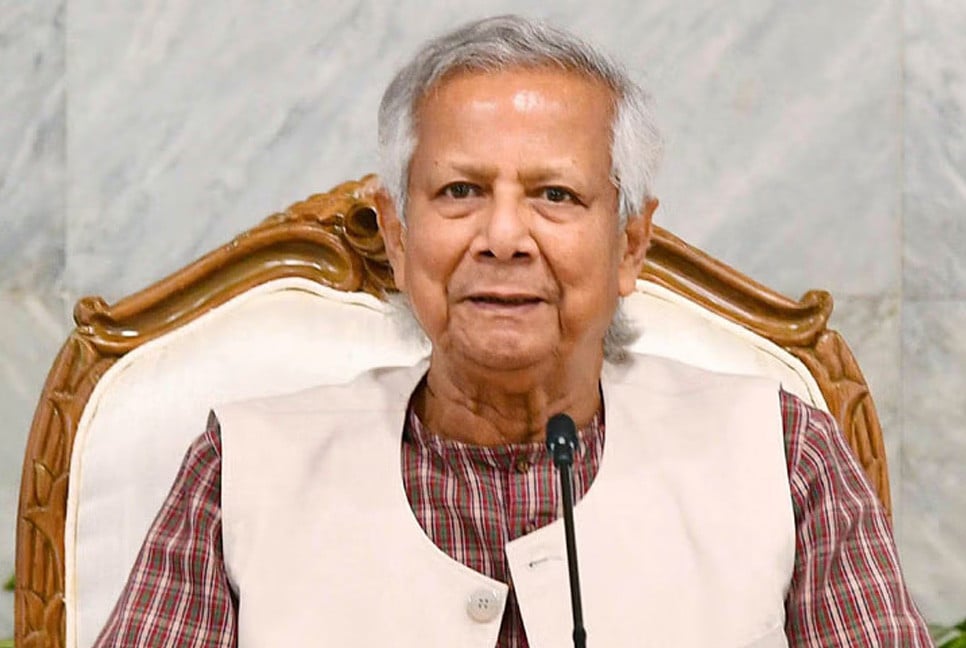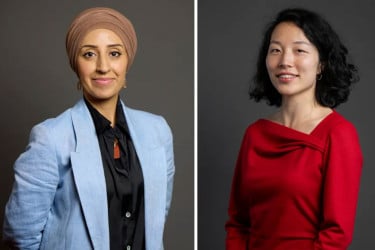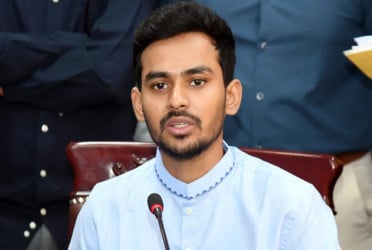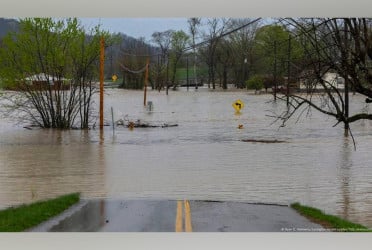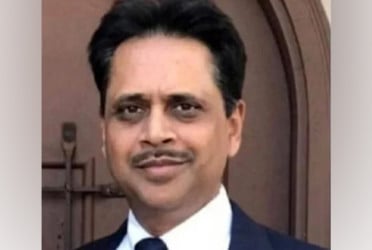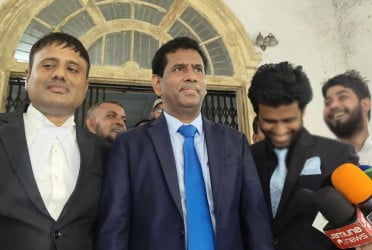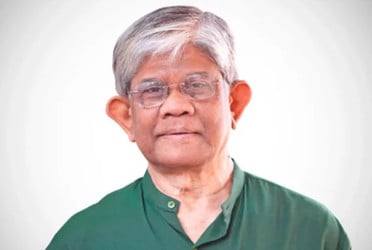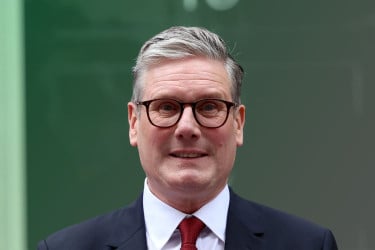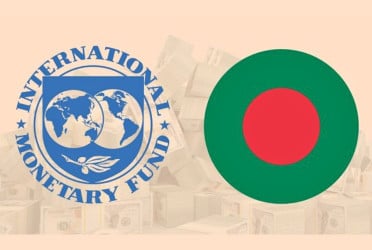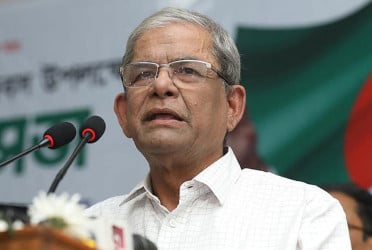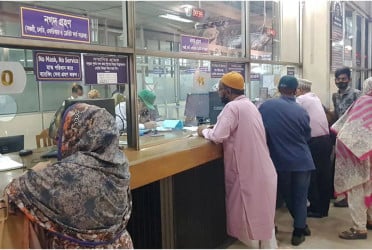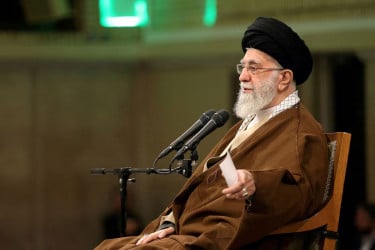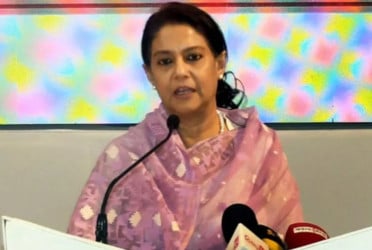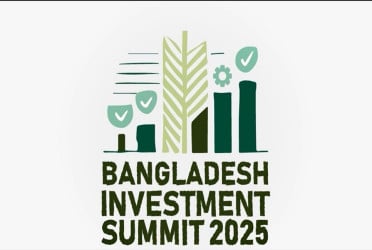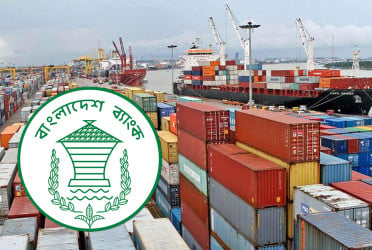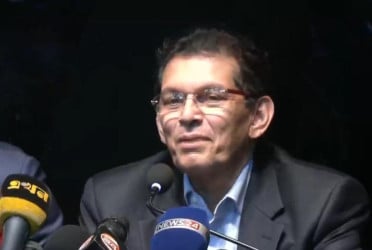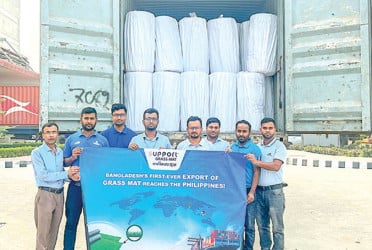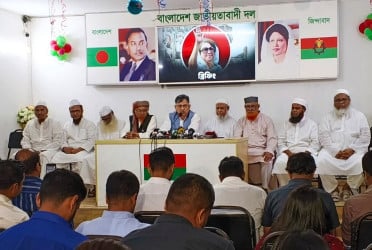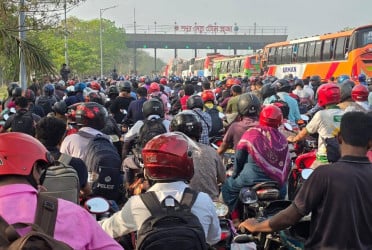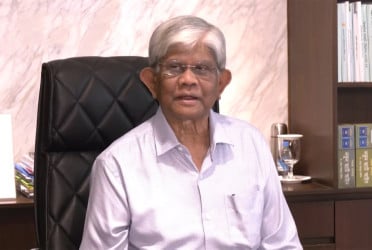The interim government on Wednesday said they want to proceed maintaining good relations with all countries and highlighted that Chief Adviser Prof Muhammad Yunus’ comment relating to the Northeastern states of India was made with honest intentions, keeping in mind the benefits of regional connectivity, reports UNB.
“He made the statement with honest intentions. If different interpretations are provided, we cannot prevent it,” Chief Adviser’s High Representative for the Rohingya issue and other priority Dr Khalilur Rahman said while responding to a question at Foreign Service Academy.
“Seven states of India, eastern part of India, called seven sisters… they are landlocked... landlocked region of India. They have no way to reach out to the ocean,” Yunus said recently in Beijing at a business dialogue.
“We are the only guardian of the ocean for this entire region. So, this opens up a huge possibility. So, this could be an extension of the Chinese economy. Build things, produce things, market things, bring things to China and bring it out to the whole rest of the world,” Yunus said, inviting Chinese investors to Bangladesh.
Prof Yunus also said that Nepal and Bhutan have unlimited hydropower, which is a blessing for the region.
“We can bring it to our purpose for setting up factories and so on. From Bangladesh you can go anywhere you want. The ocean is in our backyard. So, this is the opportunity that you want to take,” he said.
A number of Indian leaders and scholars have reacted to Prof Yunus’ comment.
Assam Chief Minister Himanta Biswa Sarma, in a statement posted on X on Tuesday, said the remarks by Dr Yunus were "offensive, strongly condemnable and provocative."
This remark underscores the persistent vulnerability narrative associated with India’s strategic “Chicken’s Neck” corridor, Sarma said.
Asked about Bangladesh’s position on Indian leaders’ reactions, Dr Rahman said the Chief Adviser has not made this comment for the first time. He made similar comments in 2012.
He also referred then Japanese Prime Minister Fumio Kishida, who in 2023 had spoken of a vision of creating an industrial value chain connecting Bangladesh and Northeast India, which was known as BIG-B or the Bay of Bengal Industrial Growth Belt.
“I had earlier said connectivity can unleash the potentials of the region, especially for those who find it difficult to have access to the sea.
“We will not impose connectivity on anyone. We are not in that position. If anybody accepts, well. What can we do if it is not accepted? We have nothing to do,” said the High Representative.
Dr Rahman said the Chief Adviser made the statement with honest intention.
“If different interpretations are provided, we cannot prevent it. We can only say that we are willing to provide connectivity for equitable benefit of all.”
Bangladesh eyes a meeting between Chief Adviser Prof Muhammad Yunus and Indian Prime Minister Narendra Modi on the sidelines of the BIMSTEC Summit in Bangkok on April 4.
The interim government also does think paying a visit to a particular country (China) will cause damage to a relationship with another country (India).
"It's not a zero-sum game," High Representative to the Chief Adviser Khalilur Rahman told reporters at the Foreign Service Academy on Wednesday.
Dr Yunus and PM Modi are scheduled to be in Bangkok on Thursday on a two-day visit.
Bd-Pratidin English/ AM

